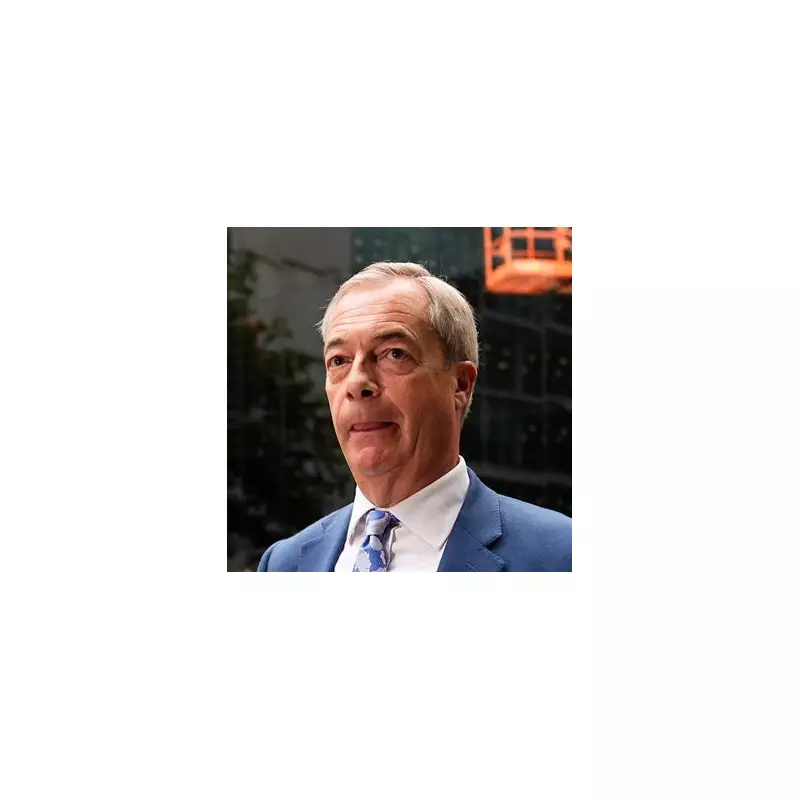
Nigel Farage's much-anticipated debut at Prime Minister's Questions took an embarrassing turn on Wednesday when the Reform UK leader mistakenly targeted the wrong Labour politician during his questioning.
The newly-elected MP for Clacton rose to challenge Labour's deputy leader Angela Rayner, but in a moment that drew laughter from both sides of the chamber, he appeared to confuse her position within the party hierarchy.
'I was aiming my question at the deputy leader of the Labour Party,' Farage declared, before adding what he likely intended as a cutting remark: 'I assume she's on the front bench.'
The comment prompted immediate amusement from MPs, with Labour's Jonathan Ashworth shouting back: 'She is the deputy leader!' - highlighting that Rayner indeed holds one of the most senior positions in Keir Starmer's team.
Farage attempted to recover by questioning why Labour had sent their 'number two' to respond rather than Keir Starmer himself, but the damage was done. The moment quickly circulated on social media, with many commentators questioning Farage's preparation for his new role as an MP.
Social Media Reacts to Commons Blunder
Online reactions were swift and merciless. One social media user captured the mood perfectly: 'Nigel Farage just asked where the deputy leader of the Labour Party is... while looking directly at Angela Rayner, the deputy leader of the Labour Party.'
Another observer noted the irony: 'Farage spends years campaigning to get Britain out of Europe, finally becomes an MP, and his first contribution is to not know who the deputy leader of the opposition is.'
The incident marks a rocky start to Farage's parliamentary career following his election victory in Clacton earlier this month. Having tried and failed to become an MP seven times previously, this first Commons appearance was meant to establish his credibility as a serious parliamentarian.
Questions Remain About Political Acumen
Political analysts suggest the blunder raises questions about Farage's familiarity with basic Westminster politics, despite his decades in public life. Recognising key opposition figures is considered fundamental knowledge for any parliamentarian, particularly one who leads a political party.
The Reform UK leader, known for his successful campaign to leave the European Union, now faces the challenge of transitioning from protest politician to effective legislator. Wednesday's awkward exchange suggests this transition may prove more difficult than anticipated.
As one Westminster insider commented: 'It's one thing to campaign from the sidelines, quite another to perform under the spotlight of the Commons chamber where basic errors don't go unnoticed.'





